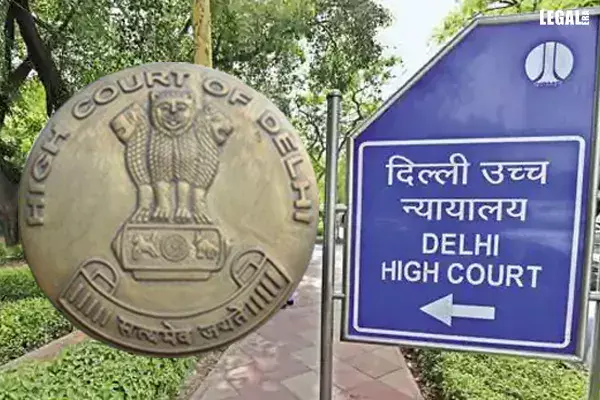Delhi High Court Protects Customs Broker: Not Liable for Untraceable Exporters After Export Approval
In a landmark decision offering relief to customs brokers, the Delhi High Court, presided over by Justices Yashwant Varma;

Delhi High Court Protects Customs Broker: Not Liable for Untraceable Exporters After Export Approval
In a landmark decision offering relief to customs brokers, the Delhi High Court, presided over by Justices Yashwant Varma and Ravinder Dudeja, has ruled that they cannot be held liable for untraceable exporters after goods have been legally exported. This judgment offers crucial protection to responsible customs brokers and clarifies the boundaries of their duties, preventing undue accusations and penalties.
The High Court, however, sided with the CB, highlighting crucial points that protected them from liability. The Court observed that once the "Let Export Orders" are issued by customs, signifying official approval for the export, the CB cannot be held responsible for any subsequent issues that may arise. The Court stated that verifying the Importer Exporter Code (IEC) details from the official system maintained by customs fulfils the CB's responsibility in ensuring exporter legitimacy. They declared that independent investigations by CBs are not a mandated requirement, and any discrepancies within the IEC details should be detected by the customs authorities themselves.
Furthermore, the Court took the authorities to task for blaming the CB for their own shortcomings. It pointed out that the onus of meticulously verifying exporter details, including conducting background checks, lies with the customs authorities before granting export approval. The CB, in this case, acted within the parameters of existing regulations and cannot be penalised for the alleged actions of untraceable exporters who managed to slip through the initial vetting process.
This judgment carries significant implications for both customs brokers and the authorities. It serves as a shield for responsible CBs, preventing them from being penalized for actions beyond their control, such as exporters disappearing after legal exports. The decision also underlines the importance of clear guidelines and due process within customs clearances, ensuring all parties operate within a well-defined framework. Moreover, it reiterates that the primary responsibility for verifying exporter details and preventing fraudulent activities remains with the customs authorities.
While the Court acknowledged the seriousness of export fraud and the need for vigilance, it stressed the importance of maintaining fair procedures and employing proportionate penalties in such cases. The judgment also encourages collaboration between customs authorities and CBs to develop more effective strategies for preventing fraudulent activities while ensuring smooth and responsible trade practices.


